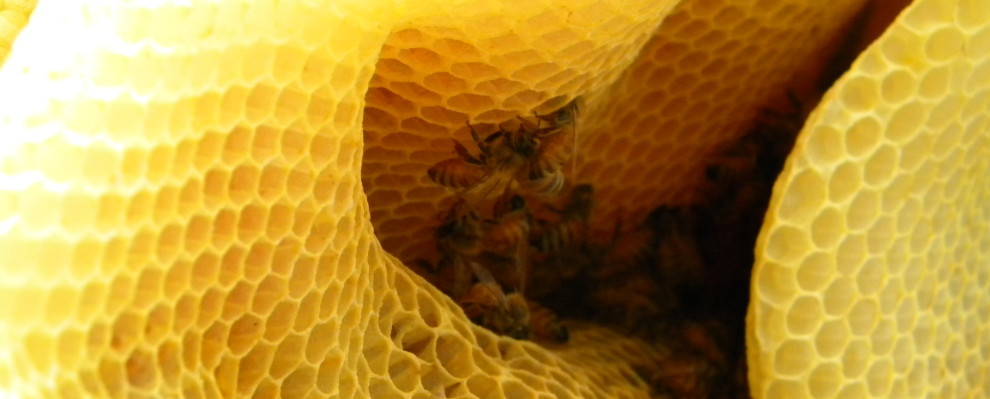Swarm hive was going strong when I left for Europe mid Oct to mid Nov. When returning there was not one bee, dead or otherwise in the hive. There were a few capped cells with normal bees not yet hatched. Lots of honey storage left. My first hive(2012) was doing fine Jan 7, heavy boxes, lots of bees coming and going on nice days, by Feb 24 there (and still is) are only a few bees left (baseball size cluster), including the queen, but no eggs. The screened bottom board was covered with dead bees on Feb 25 when I could finally get in the hive to see what was going on. I am assuming it is varroa mite, as the frames looked like the one you showed at WVBA during your presentation. The varroa count was low last summer in all hives, so didn’t treat. As a suggestion, it would be nice if we could print this document, so we have a copy of our survey as well. I tried to print this but would only print current page.
RESPONSE – Spring bee colony losses are “normal” for keeping bees – this is when we see colonies die. Varroa is always a good culprit to use when trying to diagnose a bee loss. I did offer paper copies at the WVBA meeting. The reason you could only print a single page is because the survey has “hidden” pages (when do or don’t pop up depending upon your entry response to that section). I recognize it is inconvenient to have only a single page – ask me if we have developed the way to provide this next year and if not you are welcome to use the paper mail in version next season taking a copy for your records prior.
